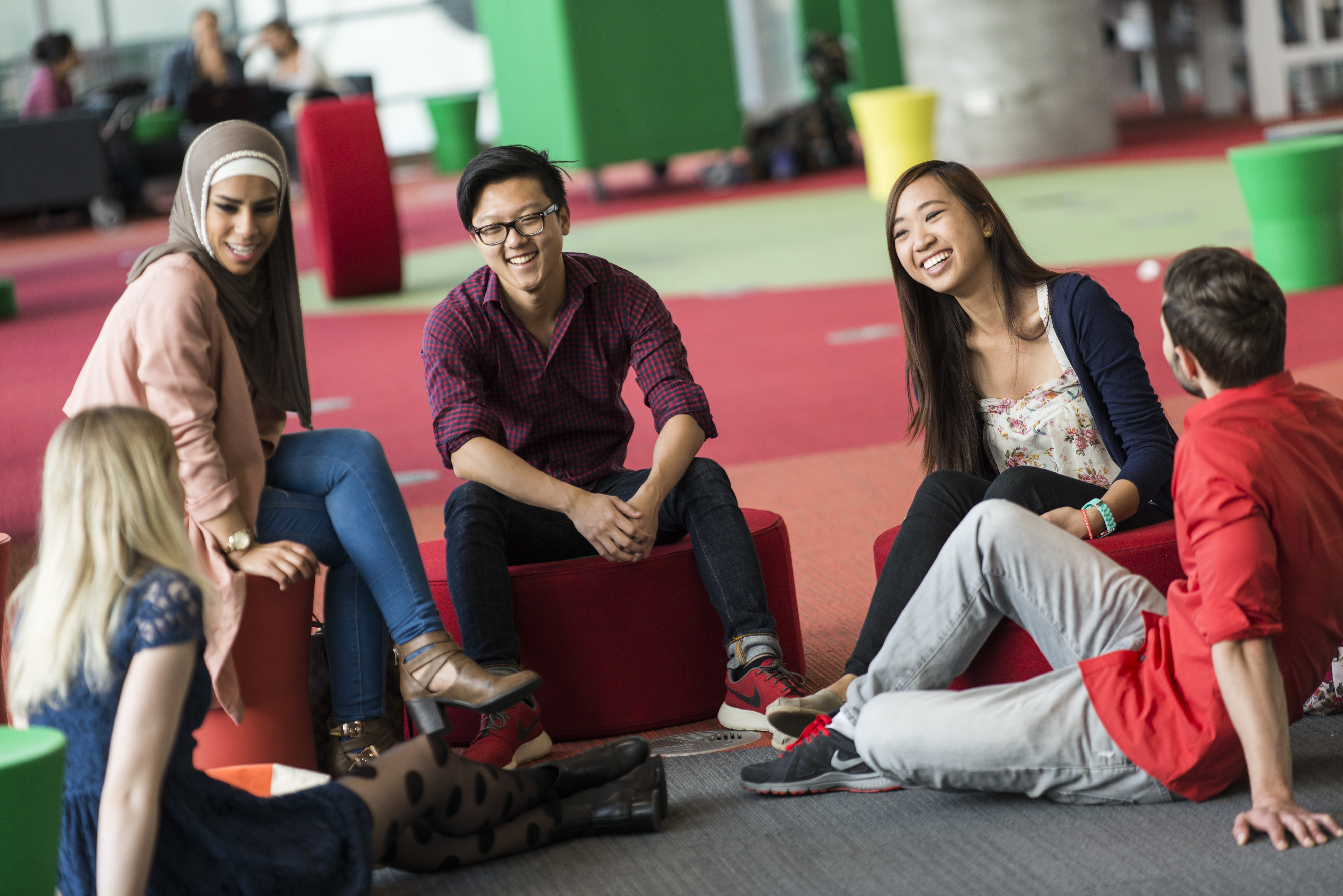Swinburne ushers in a new era of student representation

Swinburne has been working in collaboration with our students to improve the student experience, including resolving challenges in student representation.
In summary
- Swinburne has been working in collaboration with our students to improve the student experience
- The process has included working to better deliver a student voice in university decision making and resolving challenges in student representation
- More than 3900 students have had their say, with 88.85 per cent voting in favour of the creation of a new Swinburne Student Association
Swinburne University of Technology is ushering in a new era of student representation, with students voting for the creation of a new Swinburne Student Association to focus on co-creation and delivering a student voice into university decisions.
More than 3,900 students had their say during the voting period, which ran over the last eight days on options to change their elected student body, with 88.85 per cent voting in favour of creating a new Swinburne Student Association.
Students were able to vote to maintain the current model with some minor changes, or a second option that offered the opportunity to create a new Swinburne Student Association, to replace the Swinburne Student Union and Swinburne Student Life.
Swinburne Vice-Chancellor and President Professor Pascale Quester said Swinburne was committed to delivering a student voice in university decision-making, as well as resolving challenges with student representation.
“At Swinburne, we strongly believe in co-creation and having the student voice as a key part of university decision-making. We welcome this outcome and very much look forward to the establishment of the Swinburne Student Association,” Professor Quester said.
Inaugural elections for the new Swinburne Student Association will take place in September 2024, providing an opportunity for students to take an active role in having their voice heard.
“This outcome has been strongly supported by the current elected students in the Swinburne Student Union and the Student Representative Council, with both bodies working collaboratively and positively with the university to develop a model that would benefit students now and into the future,” Professor Quester said.
Over the next six to 12 months, there will be many co-creation workshops where students will be able to directly contribute to the future operation of their clubs and societies, sports (both club and university representation), social events, student advocacy in teaching, and the overall student experience.
“I thank our elected students in the Swinburne Student Union and the Student Representative Council for their willingness to be part of this significant change and look forward to working with our newly-elected students as we continue to take Swinburne from strength to strength.”
-
Media Enquiries
Related articles
-

- University
TEDx is coming to Swinburne: seeking nominations for distinguished alumni to be celebrated
Swinburne will be hosting its first TEDxSwinburne event later this year and will showcase Swinburne's world class innovation and ideas from some of Australia's brightest minds.
Thursday 18 April 2024 -

- University
Swinburne's Social Innovation Institute backs projects on circular economy, ancestry and critical care nursing
Three Swinburne research projects have received seed funding from the Social Innovation Research Institute which helps support and co-create solutions to complex social problems.
Tuesday 23 April 2024 -

- Student News
- University
Swinburne ushers in a new era of student representation
Swinburne has been collaborating with students to improve the student experience and resolve challenges with student representation.
Thursday 18 April 2024 -

- University
Students get first shot in Victoria at entrepreneurial Swinburne Startup Year
Swinburne’s Startup Year will equip students with the skills required to build the foundations of a successful business venture, whilst also earning a qualification.
Monday 22 April 2024 -

- Astronomy
- University
OzGrav 2.0: A ‘new era of astrophysics’ launched at Swinburne
The next phase in the world-leading ARC Centre of Excellence for Gravitational Wave Discovery, dubbed 'OzGrav 2.0', launched this week at Swinburne University of Technology.
Wednesday 17 April 2024

